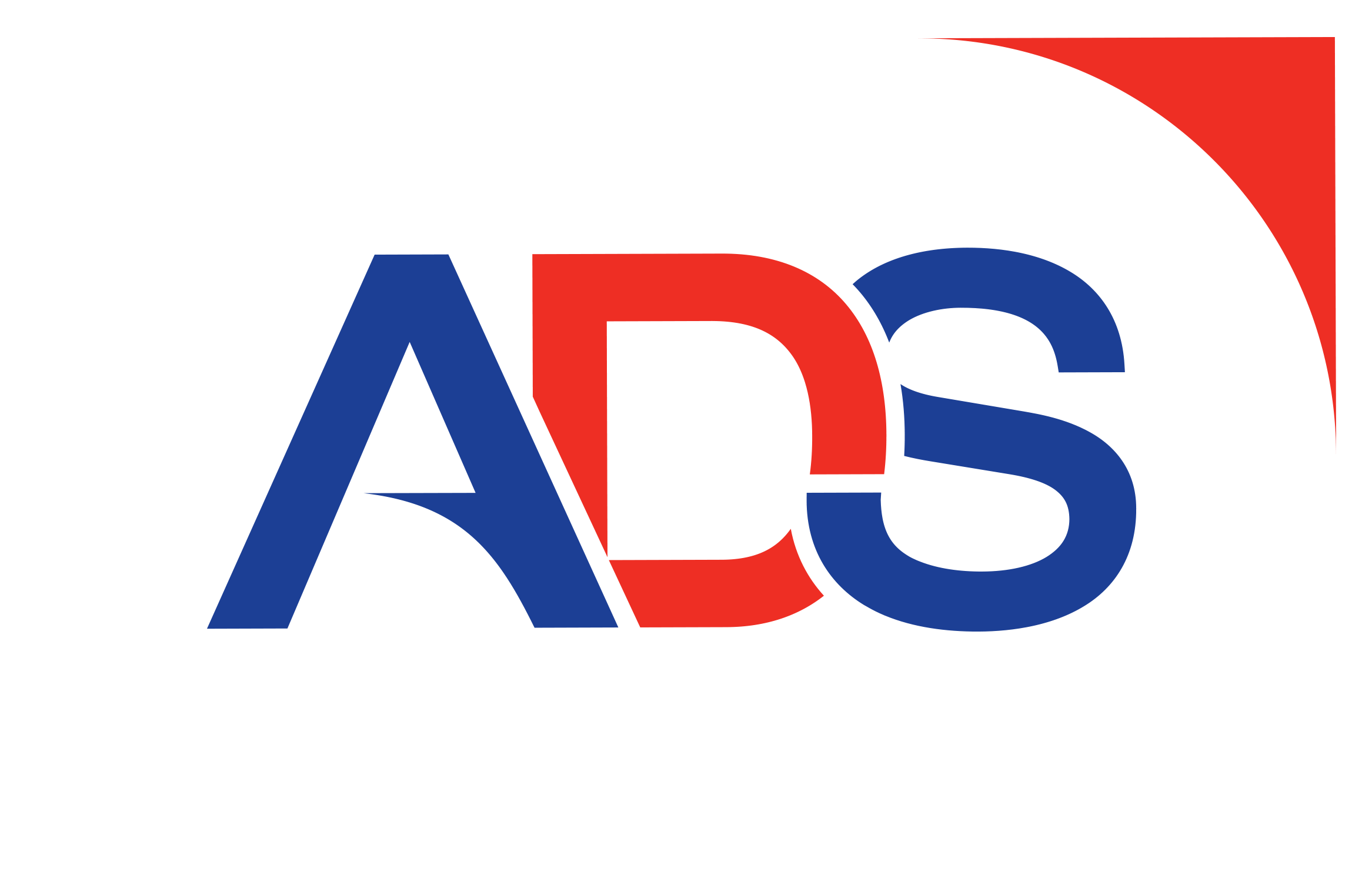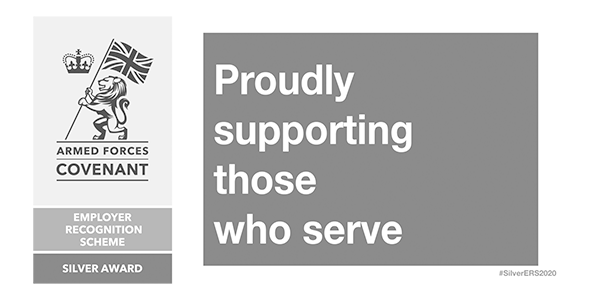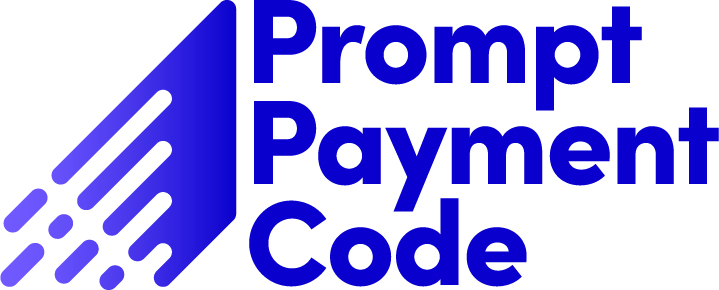13th January 2023
With us already being well into 2023 it’s almost easy to forget that there was a World Cup final less than a month ago. Here at Sirius we used the competition as an excuse to throw a competition of our own and do some fundraising for the Naval Children’s Charity along the way! The organiser, Sam, had previously partaken in a similar competition and stashed the rules away for future use.
The Premise
The idea was to buy “shares” in teams. Every time a team won a match, it got a certain number of points. These points were divided among the shareholders according to the number of shares they owned. Each shareholder had 16 shares, which they allocated across teams. They could choose how they spread them between the teams, but they could only put at most 4 shares in any one team. The shareholder must decide on their share allocation before the kick-off of the first match, and it was not possible to change them after that.
The number of points a team got by winning a match depended on the stage of the tournament. A group stage win would generate 10 points whilst winning the cup would net a whopping 120! The number of points awarded per shareholder = (Points awarded to a team) x (Number of shares owned in a team) / (Total number of shares in the team).
For example, Billy has 2 stocks in Germany and they win their first group stage match. This means Germany currently have 10 points. Three other participants had a single stock in Germany. Therefore, Billy will get 10 x 2 / 5 = 4 points from this match.
The winner was the player who has the most points after the tournament! Sam developed a tool using Python that calculated every participant’s result throughout the tournament.
Performance
We have had strategies galore! From custom-built simulation models and random number generators; to wet fingers in the air and a general misunderstanding of the rules. Whatever the strategy, all 18 of our participants helped make it very interesting.
One positive side effect of the competition is that a few of us were able to use it as an excuse to brush up on some Power BI skills. Let’s take a look now…

Above is a dashboard describing the stock distribution. You can see that the Sirius consciousness put the most stocks in the actual winner of the world cup! Every country had at least one stock assigned to it too which made three teams in particular very dangerous to most of us. This danger wasn’t without merit either.

The table above shows the number of points each stock generated. Many of you will remember the Japan wins. This resulted in outrage due to one person being able to earn so many points from a country that nobody thought would be so successful. Morocco became an unlikely point generator, with only 4 stocks assigned and a quarter final win, they were able to make three contestants very happy. Mexico’s and Tunisia’s performance in the group stages was modest at best, but with only one stock assigned each they became joint third in most points per share.
On the opposite end of the spectrum, we have two countries that failed to generate any points. Denmark and Belgium were disappointing choices for a lot of our participants, receiving high investment with very little return.
Results
Early in the competition a leader emerged. As time went on this lead varied in length but ultimately solidified itself into an unreachable amount. So once again, well done Ellie for being this year’s clear winner! When asked how Ellie came up with her winning picks, she had the following to say:
“I know nothing of football and chose all my countries using a random number generator I built in Excel.” – Ellie, Football Competition Winner
Truly inspiring.
The winning stock choices

In all seriousness though, Ellie’s strategy was ingenious. Her stock choices can be seen in the figure above. The use of randomness meant that the spread of shares was large and unbiased. As a result, she was able to pick countries that nobody else considered. We had lots of people choose countries we expected to do well (likely points) and countries we thought would perform poorly (risky big points), but this strategy was able to pinpoint the countries nobody thought would be successful.
So, the big question that remains. How well did Ellie win? There is a lack of Argentina in her stock choices, perhaps this closed the gap a bit? The figure below details the Score over Time for all players.

Charlie had been second for a long time during the competition and indeed finished as our first runner up! Charlie was unique in that he assigned one stock to 16 different countries. Make of this what you will, but it feels like there is some merit to this strategy. In a last-minute effort, our third-place spot was clinched by Harley! Overtaking Colin at the last moment, her strategy was to choose countries that she has visited on holiday, with some randoms to fill in the gaps.
Conclusion
Thanks to everyone for competing. As an entrance fee to the competition we requested that everyone donated to our chosen charity, the Naval Children’s Charity. Thanks to the donations we were able to raise £200 for the Naval Children’s Charity! A big thanks to Katie and Jack for making some impressive dashboards, to Jeremy for doing a code review, and to Sirius as well for financing prizes and a trophy!

What would you have done? Do you think our winning strategy was optimal or is there something you would have done differently? Feel free to comment on our LinkedIn Post, or get in touch at www.sirius-analysis.co.uk/contact/







